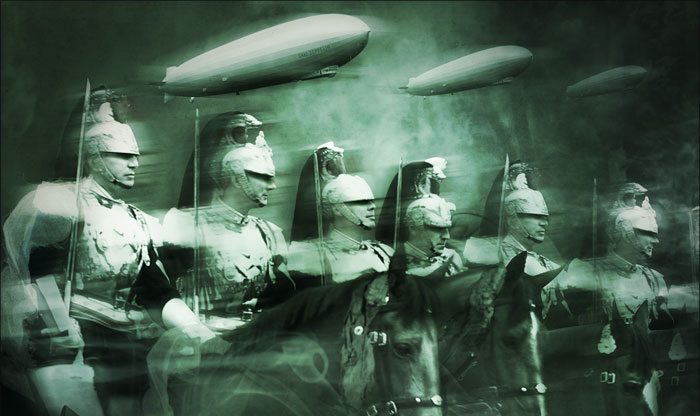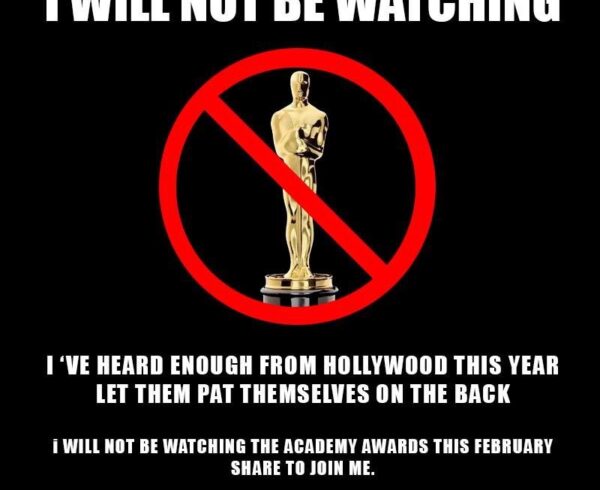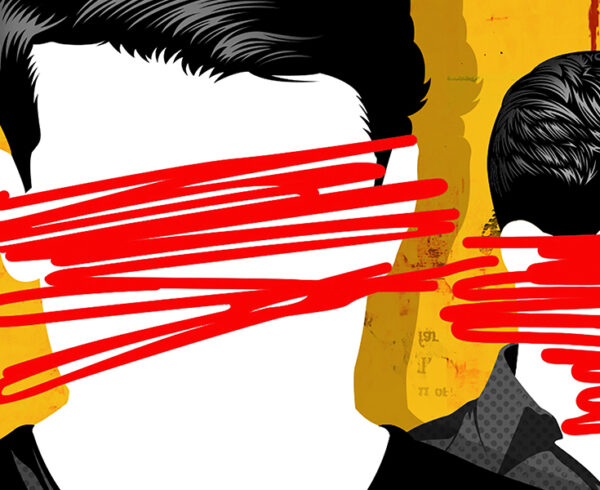This WWI History Podcast is Better Than Any Textbook
Morbid fascination is a strong motivator for me. Recently it’s brought me around to a renewed study of the first world war.
For me, the study of this war (and other terrible things in human history) is about far more than military maneuvers or victories or defeats. I want to understand how and why people behave the way they do. I want to know them so I can know myself, and I want to avoid making the mistakes and judgment calls that led to an early demise for so many of my ancestors.
For this “war to end all wars” that resulted in more than 17 million deaths and 20 million injuries, I particularly want to understand how people can bring themselves and their societies to such lows of death and destruction. I want to understand how they survived those lows, how they resisted those lows, and how they showed humanity in the face of them.
It seems I’ve found a (mostly) kindred spirit in Dan Carlin, host of the long-form award-winning podcast Hardcore History and creator of the recent six-part World War One series “A Blueprint for Armageddon.”
360 Degree View
In this series, Carlin helps to solve one of my main problems as a student of history: namely, that I don’t have any idea what it’s actually like to experience a society-reshaping war.
History textbooks rarely help us understand experiences, and most people only give lip service to “the horrors of war” as a result. Fortunately, Carlin has done his homework. Along with providing detailed commentary on the major geopolitical shifts which accompany this war, Carlin reflects on the vivid individual memories of its participants.
He makes extensive use of primary sources, including accounts from civilians, diplomats, generals, and the lowliest recruits – and later major players like Adolf Hitler, who came of age in this conflict. “Blueprint” draws on all the scholarship of early historical works like Tuchman’s The Guns of August with all of the drama with which someone like Winston Churchill viewed the war in his memoirs.
Through all of his extensive research and notes, we get a view of the war from 360 degrees, and it’s hardly necessary for Carlin to provide any additional color or opinion. What’s great is that he mostly doesn’t, except to wonder – like me – at how people lived through years of trench warfare, chemical attacks, near-certain death, and body-choked battlefields.
Most powerful is how Carlin’s series positions the war as the turning point of European culture and history. You get a very good picture of how developed societies change when they engage in major land warfare for the first time in a century. It’s surreal, a change from Napoleonic-era militaries to militaries built for mass destruction. No one is prepared for wars with machine guns, tanks, airplanes, and gas. As a result (and as Carlin shows) no one is prepared for Bolshevism, total war, the emergence of “the home front,” the bombing of civilians.
The death of liberal political philosophy and the birth of totalitarian and authoritarian 20th-century thought is a theme woven throughout the podcast series, but the listener is left to connect the dots and see everything which was lost to a generation in the Great War.
An Epic Narrative
“Blueprint for Armageddon” brings the history of this time period to life in a way that no book or movie could. It’s epic narrative storytelling at its best. The medium of audio (and the audio production is a delight) lets Carlin range all over the many fronts of this war and the many small sub-stories of this war without interruption and in perfect narrative harmony. Yet it never forgets that it is a narrative.
Carlin is refreshingly self-aware about his own odd fandom of military history, the ease with which deaths become mere statistics in hindsight, and the impossibility of grasping or relating the full story of an event like this.
If you share my same odd historical bent toward the morbid, and if you share a hope that we can avoid another world war in our lifetime, this series is both a valuable resource and a valuable call to action to learn.
You may not come away from this series as an enemy of war, but you will leave it far less naive about what goes into and what comes out of warfare between nations. And you’ll leave with dozens of memoirs and books to start you down the rabbit trail of research on this turning point in history.
You can download the series on your favorite podcasting app or watch the first part of the series below:
This column originally appeared at the Foundation for Economic Education and is reprinted with permission.












